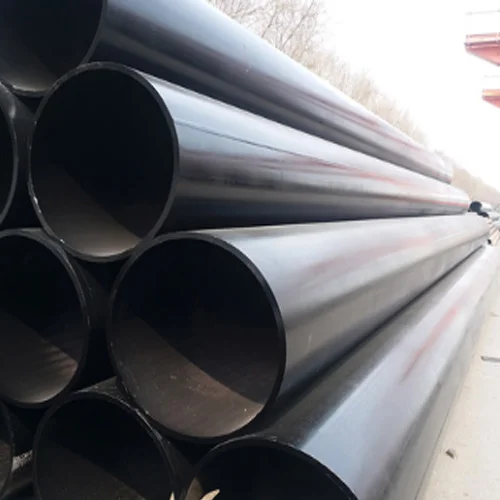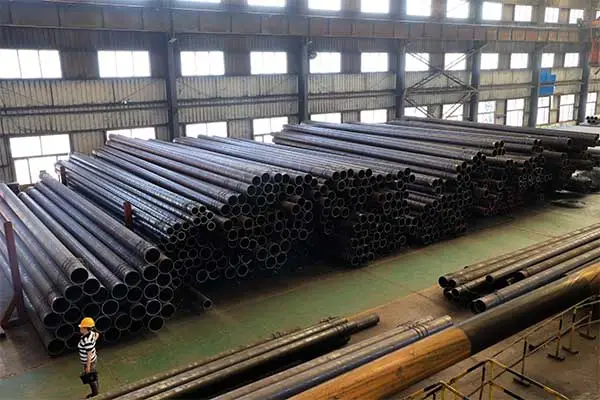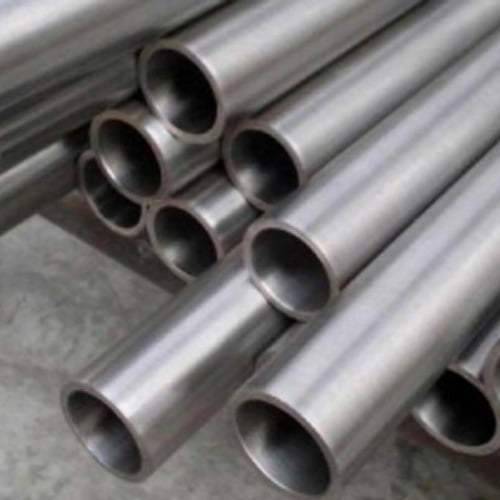Welcome to My Blog!
Before we dive into the content, I’d love for you to join me on my social media platforms where I share more insights, engage with the community, and post updates. Here’s how you can connect with me:
Facebook:https://www.facebook.com/profile.php?id=61559060896490
Now, let’s get started on our journey together. I hope you find the content here insightful, engaging, and valuable.
Table of Contents
Introduction
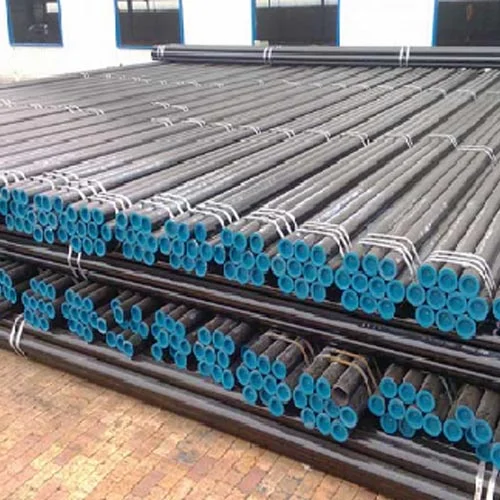
In the construction industry, selecting the right materials is crucial for ensuring structural integrity, cost-effectiveness, and long-term sustainability. Among the most widely used materials are steel and pipe, which offer unparalleled versatility and strength. In this blog post, we will discuss the top 7 benefits of using steel and pipe in construction, and why these materials continue to be a go-to choice for builders and contractors worldwide.
What Are Steel & Pipe in Construction?
Steel & pipe are essential construction materials used for a variety of applications, including structural framing, plumbing, and mechanical systems. Steel refers to a wide range of materials made from iron and carbon, and pipes are cylindrical tubes used for transporting fluids and gases or as structural elements. Together, these materials form the backbone of modern construction, offering numerous advantages in terms of strength, flexibility, and durability.
Key Advantages of it in Construction
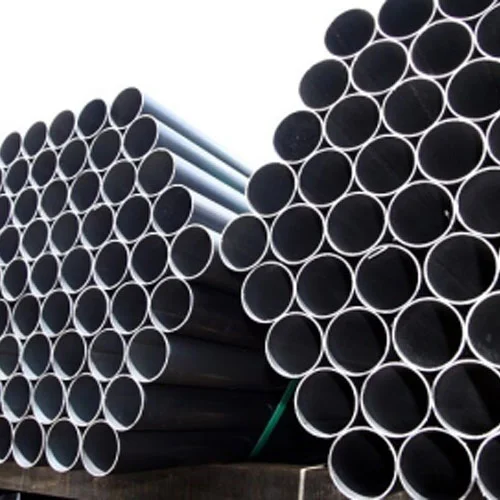
Durability and Longevity of it
Steel is renowned for its durability, making it an ideal material for long-lasting construction projects. Its resistance to corrosion and extreme weather conditions ensures that structures built with steel & pipe are stable and resilient over time. Pipes made from high-quality steel can also withstand high-pressure environments, making them suitable for everything from water supply systems to gas pipelines.
Cost-Effectiveness of it
One of the major advantages of using steel & pipe in construction is the cost-effectiveness they provide. Steel is a relatively affordable material, especially when compared to other construction materials like timber or concrete. Additionally, steel & pipe require less maintenance over their lifespan, which results in lower long-term costs for builders and property owners.
Versatility in Design and Construction
Steel & pipe are incredibly versatile materials that can be molded and shaped into a variety of forms to meet specific construction requirements. Whether you’re building a skyscraper, a bridge, or an industrial plant, steel and pipe can be customized to fit the design and functionality needs of the project. Their flexibility makes them ideal for use in both structural and non-structural applications.
Strength and Load-Bearing Capacity of Steel & Pipe
One of the most compelling reasons to use steel & pipe in construction is their exceptional strength. Steel’s high tensile strength allows it to bear heavy loads without warping or breaking. This makes steel & pipe perfect for load-bearing applications like beams, columns, and structural supports. The material’s strength is also why it is preferred for pipelines that need to carry fluids or gases over long distances.
Sustainability and Eco-Friendliness of Steel & Pipe
In an age where sustainability is paramount, steel & pipe stand out as environmentally friendly options for construction. Steel is 100% recyclable, and modern construction practices prioritize using recycled steel. This reduces the need for mining and helps lower the environmental footprint of construction projects. Additionally, steel structures often have longer life cycles, which contributes to sustainability in the long run.
Common Applications of Steel & Pipe in Construction

Steel & pipe have a broad range of applications in construction, from structural supports to piping systems. Here are some of the most common uses:
- Structural steel framing: Used in high-rise buildings, bridges, and industrial plants.
- Piping systems: Steel pipes are essential for water supply, sewage systems, and industrial applications.
- Reinforcement: Steel is often used as reinforcement in concrete structures, improving overall strength.
Key Factors to Consider When Choosing Steel & Pipe for Construction
When selecting steel & pipe for construction, it is important to consider factors such as material grade, coating, and the specific requirements of the project. Below is a table summarizing the key attributes of steel & pipe:
| Factor | Steel | Pipe |
|---|---|---|
| Material Grade | Varies from mild to high-strength steel | Various grades for fluid transport |
| Corrosion Resistance | Typically corrosion-resistant with coatings | Often coated or galvanized to resist corrosion |
| Strength | High tensile strength | Strong enough for fluid and gas transport |
| Flexibility | Can be fabricated into any shape | Rigid but flexible in various configurations |
| Recyclability | 100% recyclable | 100% recyclable |
Conclusion

Steel & pipe continue to be invaluable materials in the construction industry, providing a combination of strength, cost-effectiveness, and sustainability. With numerous applications ranging from structural support to plumbing systems, steel and pipe offer unbeatable advantages. If you’re looking to enhance your next construction project, consider integrating steel and pipe for long-lasting results. Reach out to our team to explore the best options for your needs!
What is the difference between steel and pipe in construction?
Steel refers to the raw material used for a wide range of structural components, while pipe is a specific application of steel used for fluid or gas transport.
Can steel and pipe be used in all types of construction?
Yes, steel and pipe are versatile and can be used in residential, commercial, and industrial projects, providing strength and reliability across various applications.
Are steel and pipe eco-friendly materials?
Yes, steel is 100% recyclable, and when used in construction, it contributes to sustainability by reducing waste and the need for new raw materials.
How long do steel and pipe materials last in construction?
Steel and pipe materials are known for their longevity, with proper maintenance, they can last for decades without needing significant repairs.


